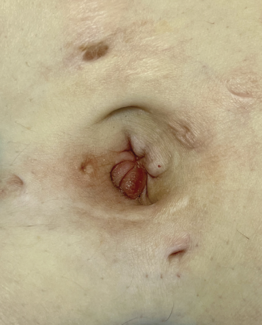A Perfect World?

My wife and I renovated our kitchen. It took over a year, slowed in part by the pandemic. We’re very happy with the new space; it’s cheery and practical, with so many drawers that we can’t fill them all despite all the stuff we’ve accumulated in nearly two score years of marriage.
But there is one problem with the new kitchen: the new dishwasher. What is the problem with it, you ask? It’s too quiet. We used to complain about our old dishwasher being too noisy—now we’re complaining that it’s too quiet?
This dishwasher is so quiet that we cannot tell when the dishwasher is running even when we’re standing right next to it. We’ll open it to put some dirty plate or glass in, only to see that it is in full cleaning mode. There is a signal to show it is running—a little red light projected onto the floor beneath the dishwasher door—but we have yet become accustomed to look for it. You can’t always please people.
Health care is a much bigger issue than our dishwasher, and it will never be perfect. We’ll complain about paper charts, then we’ll complain about electronic ones. We’ll complain that patients don’t have access and need more insurance, then we’ll complain that all the insurance is causing the costs to be too high. We’ll complain if patients are forced to bear the cost of medical decisions or if insurers are forced to bear the cost of those decisions or if we physicians are forced to bear the cost. There’s no perfect system, and there will always be problems. C’est la vie.
But just because it can’t be perfect doesn’t mean we should give up on trying to make it work as best it can for people. In this issue, we cover the important topic of advocacy efforts with Dr Bruce Brod based on an upcoming podcast with him and my dear friend Dr Larry Green (page 47). The work they do to help assure patients get great care has earned my respect and admiration.




















